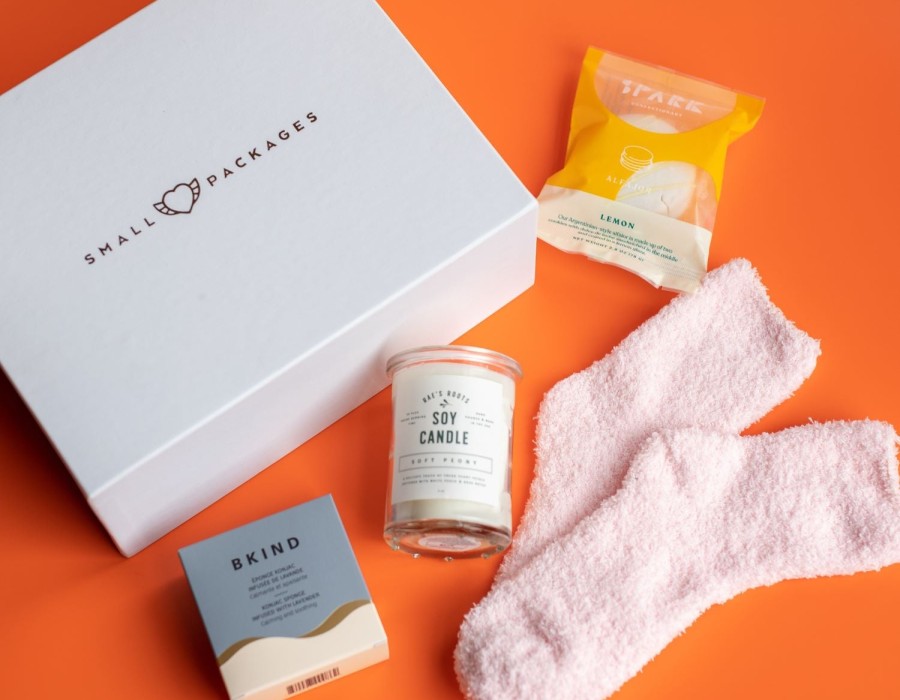Self-care has become a buzzword in recent years, but what does it really mean? In a fast-paced and demanding world, taking care of yourself has never been more crucial. This article explores the significance of self-care and its various benefits for your physical, mental, and emotional well-being. We will delve into the importance of self-care, its positive effects on different aspects of your life, and how you can create a personalized self-care routine that suits your needs.
Defining Self-Care
Self-care encompasses a range of activities that prioritize your well-being and nourish your mind, body, and soul. It involves intentionally setting aside time for yourself and engaging in activities that promote relaxation, rejuvenation, and personal growth. Self-care is not selfish; it is an essential practice that allows you to recharge and be at your best.
The Physical Benefits of Self-Care
Engaging in self-care practices has numerous physical benefits. Taking care of your body through activities such as exercise, nutritious eating, and sufficient sleep can enhance your overall health and vitality. It boosts your immune system, reduces the risk of chronic illnesses, and increases your energy levels, allowing you to tackle daily challenges with vigor.
The Mental and Emotional Benefits of Self-Care
Self-care plays a vital role in maintaining good mental and emotional health. Taking time to engage in activities you enjoy, such as hobbies or mindfulness practices, can alleviate stress, anxiety, and depression. It fosters a sense of calm, improves your mood, and enhances your ability to cope with life's ups and downs. By prioritizing self-care, you develop emotional resilience and cultivate a positive mindset.
The Social Benefits of Self-Care
When you prioritize self-care, you also enhance your relationships and social interactions. By taking care of yourself, you become more present, attentive, and available to others. Nurturing your own well-being allows you to show up as the best version of yourself in your interactions with loved ones, colleagues, and friends. It also sets a positive example, inspiring those around you to prioritize their own self-care.
Creating a Self-Care Routine
Building a personalized self-care routine is key to making self-care a consistent practice in your life. Start by identifying activities that bring you joy, relaxation, and fulfillment. These can include anything from reading a book, practicing yoga, taking a bath, or enjoying nature. Experiment with different self-care practices and find what resonates with you. It's important to schedule regular self-care time and commit to it, treating it as a non-negotiable part of your routine.
Overcoming Barriers to Self-Care
While self-care is essential, many individuals face barriers that prevent them from engaging in it regularly. These barriers can include time constraints, guilt, or feeling overwhelmed by other responsibilities. Overcoming these barriers requires a mindset shift and a recognition that self-care is a fundamental aspect of well-being. Start by setting realistic expectations, delegating tasks when possible, and cultivating self-compassion. Remember, taking care of yourself allows you to better care for others.
Giving a Self-Care Package to Your Loved Ones
One meaningful way to show your loved ones that you care is by creating a personalized self-care package. Choose items that cater to their unique interests and needs, such as scented candles, bath products, journals, or books. Add a heartfelt note expressing your wishes for their well-being. A self-care package can be a thoughtful gift for birthdays, holidays, or special occasions, conveying the message that their self-care matters.
Embrace the power of self-care and make it a priority in your life. Start by creating a self-care routine that aligns with your needs and preferences. Explore different activities and find what brings you joy and relaxation. Remember, self-care is an ongoing practice that requires consistency and self-compassion. Nurture your well-being and inspire others to do the same.





Comments